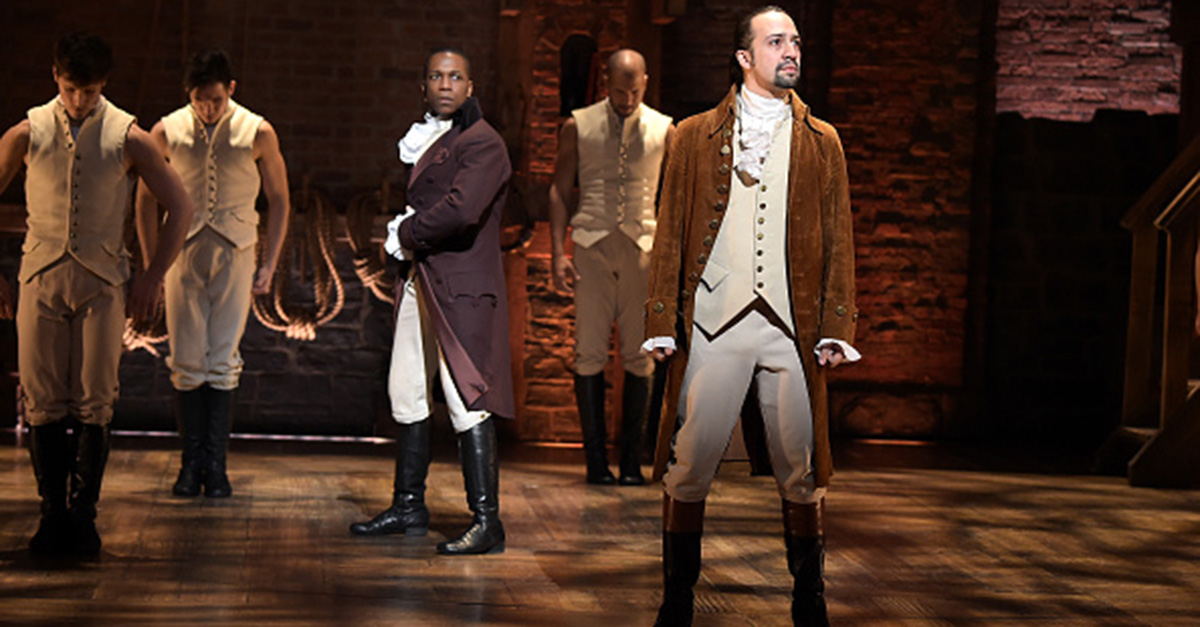Hollywood had their Harvey Weinstein moment but what about the theater? Last year in Chicago, a bombshell report revealed two decades of harassment and abuse by Darrell W. Cox, the artistic director of Profiles Theatre. A once-acclaimed company on the city’s bustling storefront theater scene, within days his company and sense of self, shattered.
Videos by Rare
As both the theater industry and Broadway wrestles with addressing sexual harassment in the wake of the Weinstein scandal, the Chicago theater community’s response to its own revelations could serve as a roadmap for theater makers looking to move onwards and upwards.
In a business where the personal and professional overlap on the daily – where getting intimate with a co-worker eight times a week can be part of the job -sexual harassment isn’t regularly the topic of discussion at least in the New York theater industry. If you talk to those on Broadway, you may get the impression that harassment is an issue rarely raised in the theater.
Even before the Chicago Rader’s story broke – the open secret situation at Profiles Theater had prompted local actors Lori Myers and Laura T. Fisher, among others, to create Not in Our House. It was a grassroots movement to address harassment and abuse. Over the past two years the organization has created and honed the Chicago Theatre Standards, adopted by 21 area theaters, which gives non-Equity companies, in particular, a framework for protection, prevention, and accountability.
RELATED: After several women made allegations against him, Harvey Weinstein is ready for rehab
Not in Our House served as one of the inspirations for a young director in New York, Rachel Dart, who created the Let Us Work Project to take on the same issues. She did so after a colleague asked her to work with a person who had harassed her in the past — at the same theater where she had reported the initial incident. “I was really mad, having to turn down this job while this person was continuing to work,” Dart says.
There is no cure-all for harassment but in the cultural shift of white men in power falling from grace, a movement like the Chicago Theatre Standards might help further the conversation.
[anvplayer video=”4194516″]



